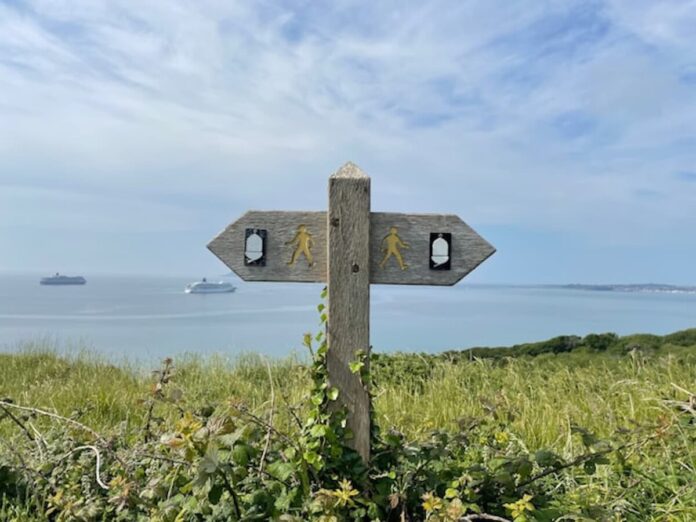
The Maine Senate narrowly advanced a bill to grant the Wabanaki Nations of Maine exclusive rights to offer online casino games.
The advancement was marked by a day filled with procedural confusion, political maneuvering, and legislative theatrics.
The bill, HB 1164, appeared to be dead after a House committee tabled it in April. However, the proposal resurfaced in the Maine Legislature’s special session, amended to increase the proposed tax rate from 16% to 18%. It passed in the House on June 13.
If enacted, the bill would grant the state’s four federally recognized tribes a monopoly over iGaming, similar to the current model for sports betting.
It would allow the Penobscot Nation, Passamaquoddy Tribe, Maliseet Nation, and Mi’kmaq Nation to hold one online casino license each.
Each tribe can partner with a platform provider. The tribes currently work with DraftKings and Caesars Entertainment for sports betting, so these partnerships are likely to extend to iGaming as well.
Senate Support, But Only Technically
The path of HB 1164 in the Senate proved to be anything but conventional.
When the bill crossed over to the Senate, the Veterans and Legal Affairs Committee’s recommendation set the tone for what was to come. While the majority approved the bill, a vocal minority opposed it, setting the stage for a divided vote on the floor.
Senator Peggy Rotundo played a pivotal role in the outcome. She abstained from the first vote to adopt the majority “ought to pass” recommendation, which led to a deadlock.
In a second vote aimed at accepting the minority “ought not to pass” recommendation, Rotundo voted against the motion, effectively keeping it alive.
With the Senate unable to pass either recommendation, the bill advanced unusually through a procedural move called “under the hammer.”
In such cases, the presiding officer pushes legislation forward without a roll call, unless someone explicitly objects. Without formal objections, the bill was deemed “passed to be engrossed as amended.”
Interestingly, several senators who had voted against the bill in roll calls didn’t block the bill under the hammer. That could signal that they preferred not to endorse the bill publicly, but did not want to block it either.
Not a Done Deal: Enactment and Governor’s Decision Await
While engrossment counts as a passage in the Senate, the bill has a few more steps to become a law. It now heads to the Revisor’s Office for technical editing and formatting. Then it returns for votes on enactment in the House and Senate.
While both chambers have technically passed it, the bill’s path proves that it’s anything but typical. So, opponents in either chamber have one more opportunity to block the final enactment.
If that doesn’t happen, there’s another major hurdle: Governor Janet Mills. The governor has long taken a cautious stance on expanding tribal sovereignty and gambling rights.
She hasn’t publicly commented on a veto, while her office says the administration is “monitoring” the bill. However, Wabanaki leaders indicate that there is little interest from the governor.
Industry Opposition and Tribal Sovereignty at Stake
Mills’ reservation to comment could be tied to a few factors.
During public hearings, Maine’s Department of Health and Human Services opposed the bill. Maine Gambling Control Board Chair Steve Silver was also against it.
As expected, Churchill Downs, which owns Oxford Casino, and Penn Entertainment, the owner of Hollywood Casino Bangor, oppose the bill. They argue that it could lead to a potential loss of market share.
In addition to industry opposition, Gov. Mills’ cautious stance could be due to the longstanding legal disputes in Maine over tribal rights.
The 1980 Maine Indian Claims Settlement Act treats the Wabanaki Nations differently from those in other states, treating them more like municipalities than sovereign tribal nations. The act also limits their ability to operate gambling activities allowed under the Indian Regulatory Act of 1988.
That slightly changed in 2022. The Maine Legislature amended the Settlement Act to allow the tribes to offer mobile sports betting.
HB 1164 looks to build on that, with supporters arguing it will benefit the tribes, who have historically been excluded from gaming and economic development opportunities.












